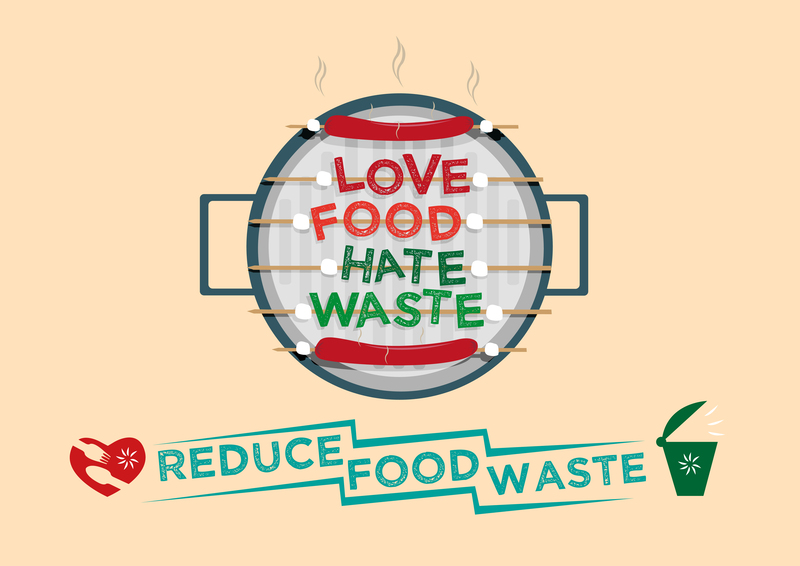Parting Ways with Plastic Bottles
Posted on 22/08/2024
Plastic bottles are ubiquitous in modern life, from the water you drink to the soda you enjoy. However, their widespread usage has brought about significant environmental challenges. In this guide, we'll delve into the reasons to part ways with plastic bottles, alternative solutions, tips, and actionable takeaways for adopting a more sustainable lifestyle.
The Environmental Impact of Plastic Bottles
Plastic bottles contribute significantly to environmental degradation. Each year, millions of tons of plastic waste end up in oceans and landfills, taking hundreds of years to decompose. The production process itself is energy-intensive and emits harmful greenhouse gases. Furthermore, plastic bottles pose risks to marine life and disrupt ecosystems.

The Health Implications of Plastic Consumption
Plastic bottles often contain harmful chemicals such as BPA (Bisphenol A) and phthalates, which can leach into the liquids they hold. Long-term exposure to these chemicals is linked to various health issues, including hormonal imbalances and increased cancer risk.
Exploring Alternatives to Plastic Bottles
There are numerous alternatives to plastic bottles that are both eco-friendly and cost-effective. These include:
1. Reusable Stainless Steel Bottles: Durable and non-toxic, they keep your drinks at the desired temperature for longer.
2. Glass Bottles: Free from harmful chemicals and perfectly suitable for home or office use.
3. BPA-free Plastic Bottles: While still made from plastic, these bottles do not contain harmful BPA and can be reused multiple times.
4. Silicone Bottles: Flexible, durable, and easy to clean, silicone bottles are an excellent portable option.
Tips to Successfully Transition Away from Plastic Bottles
1. Invest in Quality Reusable Bottles: Opt for high-quality, durable options that suit your lifestyle.
2. Stay Hydrated On-the-Go: Carry a reusable bottle in your bag or car to ensure you're never tempted by convenience store plastic bottles.
3. Educate and Advocate: Share information about the benefits of reducing plastic bottle usage with friends, family, and colleagues.
4. Support Sustainable Brands: Purchase from companies committed to reducing plastic waste and promoting eco-friendly products.
Pros and Cons of Parting Ways with Plastic Bottles
Pros:
- Reduces environmental impact and conserves natural resources.
- Minimizes exposure to harmful chemicals.
- Encourages a healthier lifestyle and promotes sustainability.
- Can be cost-effective in the long run.
Cons:
- Initial investment in alternatives can be higher.
- More effort is required to clean and maintain reusable bottles.
- Limited convenience compared to single-use plastic bottles.

Takeaways
- The environmental and health impacts of plastic bottles make it crucial to consider alternatives.
- Adopting reusable bottles can lead to significant long-term benefits and cost savings.
- Raising awareness and advocating for change within your community amplifies the positive impact.
- Small steps, such as carrying a reusable bottle, contribute to a more sustainable lifestyle.
Conclusion
Parting ways with plastic bottles is not just a responsible choice but an essential step towards a healthier planet and a healthier you. By understanding the environmental and health implications, exploring alternatives, and following practical tips, you can successfully transition to a more sustainable lifestyle. Remember, every small action counts, and collectively, we can make a significant difference.
Parting ways with plastic bottles involves understanding their environmental and health impacts, exploring alternatives like reusable stainless steel or glass bottles, and adopting practical lifestyle changes to minimize plastic waste. This transition supports sustainability, benefits your health, and encourages broader ecological welfare.
Latest Posts
Essential Tips for Managing Organic Waste






